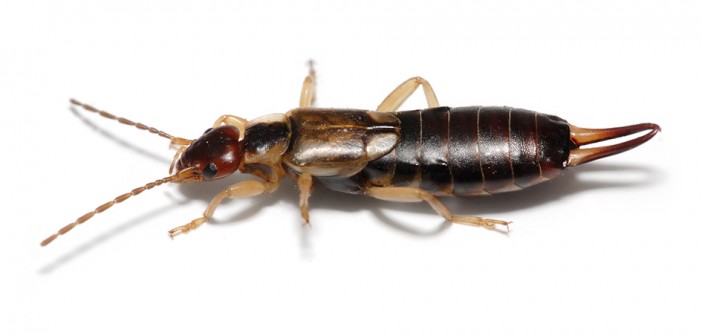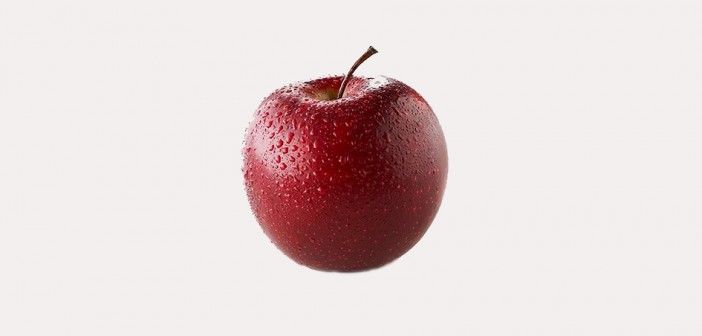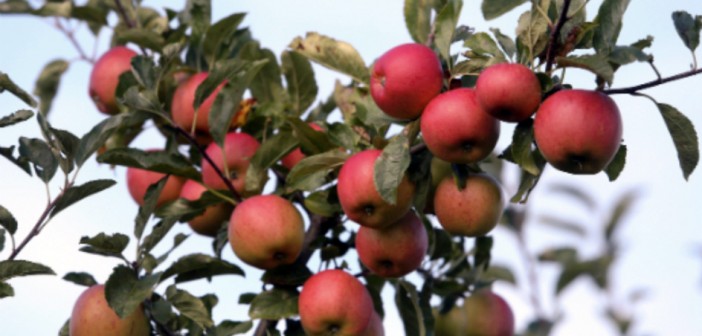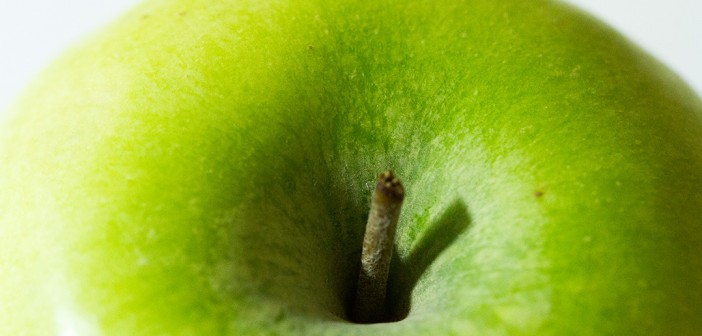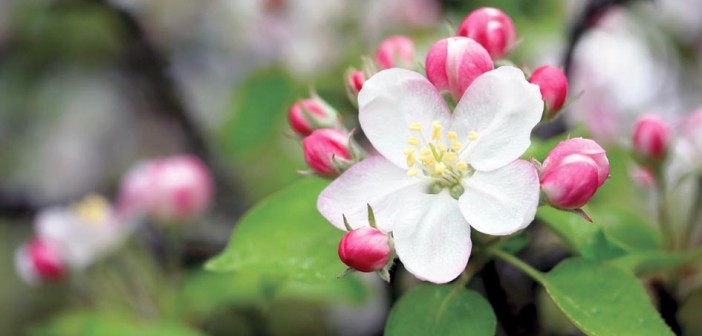Leading top fruit grower Bardsley Farms and UNIVEG UK, part of Belgium-based Greenyard Foods, have formed a new joint venture.
Farming 420 acres of orchards, Bardsley Farms has a number of long term relationships in the industry, including supplying Tesco for over 25 years. The new, formal tie-up with UNIVEG UK follows strategic collaboration over the last two years.
“It is clear that Bardsley Farms and UNIVEG’s aspirations for the market are aligned to the point where putting together a Joint Venture was the next logical step”, said Alan Forrester, UNIVEG UK’s Joint Managing Director.
Nigel Bardsley, chairman of the new Joint Venture, commented, “With the changing nature of the UK top fruit market it makes total sense to pull together the two businesses, where not only is the thinking aligned, but the strengths of the two businesses will deliver a model which is unseen in the market place to date.”
Ben Bardsley, Managing Director of the Joint Venture added, “UNIVEG has already demonstrated their willingness to share with all of the growers the opportunity to be involved in the innovation and varietal development that sits both in their UK trial orchards but also in the breeder relationship we and the wider UNIVEG grower base have access to across the globe.
“The first stage of the £6 million, 5-year investment program in Bardsley Farms is nearing completion, and will be up and running for the upcoming 2016 UK top fruit season. We have invested in world leading grading and packing technology that not only delivers vitally important efficiencies, but allows us to target customer products that best fits the fruit, and by managing quality.”
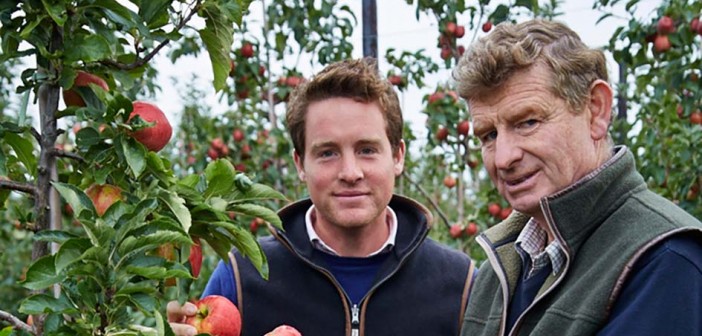
Photo Caption: Ben & Nigel Bardsley.
Photo Credit: Bardsley Farms
The post Univeg announce joint venture with Bardsley Farms appeared first on Hort News.
